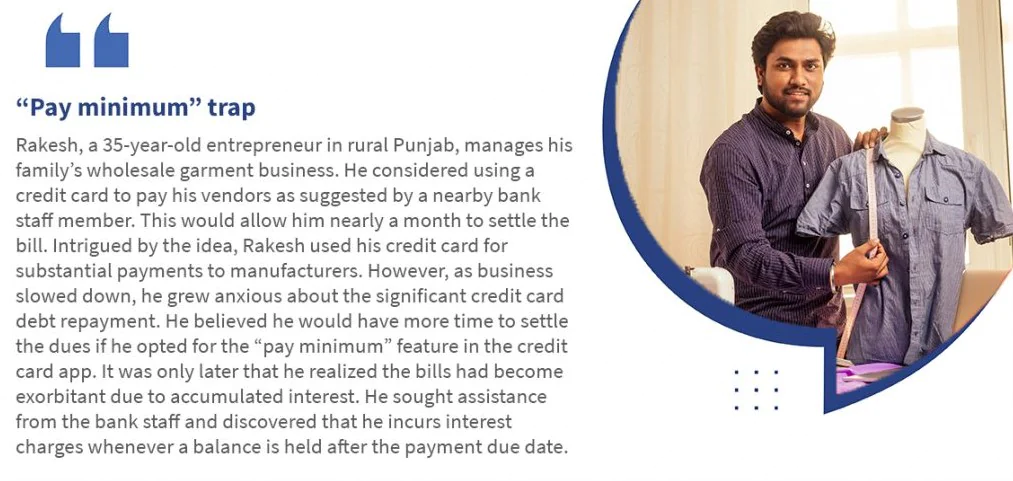The Hidden Costs of Financial Services: A groundbreaking new podcast episode, hosted by Alan Kaplinsky—Founder and Senior Counsel of the Consumer Financial Services Group—dives deep into the unseen dynamics of consumer financial complaints and monetary restitution. The discussion is based on a compelling academic paper by Assistant Professor Charlotte Haendler of Southern Methodist University and Professor Rawley Z. Heimer of Arizona State University, titled “The Hidden Costs of Financial Services: Consumer Complaints and Financial Restitution.”
What’s the Study About?
Using confidential data from the Consumer Financial Prot
ction Bureau (CFPB), the researchers analyzed nearly 2 million consumer complaints filed since 2014. Their key focus? Understanding which consumers receive financial restitution—and why.
Key finding: The average successful complaint led to a payout of $1,470.
The study reveals that financial sophistication and proactive engagement play crucial roles in securing compensation. Factors such as income, education, and the ability to articulate issues (with supporting documentation) significantly increase a consumer’s likelihood of receiving a refund or financial remedy.
Podcast Discussion Highlights
During the podcast, Professors Haendler and Heimer addressed several critical questions:
Why study CFPB complaint data?
They view the CFPB complaints as a valuable proxy for consumer disputes across the entire financial services sector, offering a rare window into real-world outcomes.
What are the “hidden costs” in financial services?
These include the unseen burdens placed on consumers navigating complex financial systems—especially when pursuing dispute resolution.
Did product type affect restitution?
Yes. Product complexity mattered—more intricate products led to higher disparities in outcomes, favoring high-SES (socioeconomic status) individuals.
Are certain companies more likely to resolve complaints favorably?
Surprisingly, variations across companies were minimal. The determining factors were consumer characteristics and the complexity of the financial product, not necessarily company behavior.
Do consumer traits matter?
Absolutely. Higher income, education levels, and documentation submission correlated with better outcomes. Regulatory oversight also improved results, but mainly for already-advantaged consumers.
Also read: Dr. Agarwal’s Healthcare IPO: A Guide to Date, Price, GMP Trends, and More

Takeaways
For Regulators:
- Oversight helps—but isn’t enough.
- Systems must be improved to support vulnerable or under-informed consumers.
- There is a pressing need to flag valid but poorly-articulated complaints for review.
For Financial Institutions:
- Self-advocating consumers have more negotiating power.
- There’s value in making products and processes easier to understand, especially for underserved demographics.
For Consumers:
- Be specific.
- Use clear, assertive language.
- Include documentation to improve your odds of restitution.
Where to Read the Full Study
You can access the full research paper on SSRN: The Hidden Costs of Financial Services (Note: Insert actual SSRN link if available)
This episode is a must-listen for regulators, financial institutions, academics, and consumers alike—offering a fresh, data-backed perspective on how financial complaints are resolved and who ultimately gets compensated.


